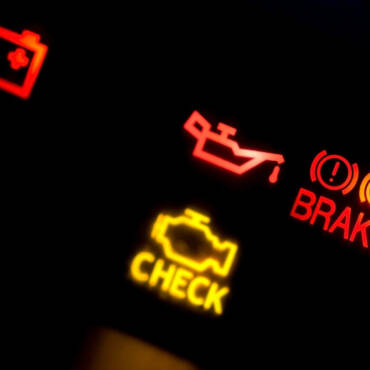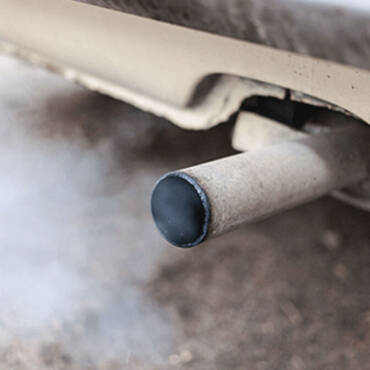Regular maintenance is essential to keep your vehicle running smoothly and extend its lifespan. One crucial aspect of vehicle maintenance is changing the oil filter. But how often should you change your oil filter? In this article, we’ll explore the importance of oil filters, the factors that affect their replacement frequency, and offer guidelines to help you determine when it’s time for a change.
Understanding the Role of an Oil Filter
Before diving into how often you should change your oil filter, let’s first understand its role in your vehicle’s engine. The oil filter is a vital component that helps keep your engine’s oil clean and free of contaminants. It captures and removes particles, dirt, and debris from the oil, preventing them from circulating through the engine. A clean oil filter ensures proper lubrication, reduces engine wear, and promotes efficient engine performance.
Factors Affecting Oil Filter Replacement Frequency
Several factors influence how often you should change your oil filter. It’s essential to consider these variables to make informed decisions about your vehicle’s maintenance:
- Oil Change Interval: Oil filters are often replaced during oil changes. The typical recommendation is to change your vehicle’s oil and oil filter every 3,000 to 5,000 miles or as specified in your owner’s manual. This interval may vary depending on the type of oil and driving conditions.
- Type of Oil Filter: There are various types of oil filters available, including standard, synthetic, and high-performance filters. The type you choose may impact how often you need to replace it. High-performance filters may have a longer service life.
- Driving Conditions: Your driving habits and conditions can affect the rate at which your oil filter becomes clogged. Stop-and-go city driving or dusty environments may require more frequent changes compared to highway driving.
- Quality of Oil and Filter: Using high-quality engine oil and a reputable oil filter can extend the time between replacements. Inferior products may require more frequent changes.
- Vehicle Age and Model: Older vehicles or those with higher mileage may benefit from more frequent oil filter changes to maintain engine health.
Guidelines for Oil Filter Replacement
While there is no one-size-fits-all answer to how often you should change your oil filter, here are some guidelines to help you make an informed decision:
- Refer to Your Owner’s Manual: Your vehicle’s manufacturer provides specific recommendations for oil filter replacement intervals. Always follow these guidelines for optimal performance and warranty compliance.
- Monitor Your Oil Change Schedule: If you’re consistent with regular oil changes, your oil filter will typically be changed at the same time. Stick to your scheduled maintenance routine.
- Inspect for Signs of Contamination: If you suspect that your driving conditions are harsh or if you’ve exceeded your recommended mileage between oil changes, consider inspecting the oil filter. If it appears excessively dirty or clogged, it’s a sign that it needs replacing.
- Upgrade to a Premium Filter: If you want longer oil filter service intervals, consider investing in a high-quality, premium filter designed for extended use.
- Consult a Mechanic: If you’re uncertain about when to change your oil filter or if you suspect engine issues, consult a professional mechanic. They can assess your vehicle’s condition and provide guidance on maintenance.
Conclusion
Changing your oil filter is a crucial aspect of vehicle maintenance that should not be overlooked. The frequency at which you should replace your oil filter depends on various factors, including your driving habits, vehicle type, and oil change intervals. By understanding these factors and following manufacturer recommendations, you can ensure that your engine receives the protection it needs for long-lasting and efficient performance. Regular oil filter changes contribute to a healthier and more reliable vehicle, reducing the risk of costly repairs in the future.




